Atextual Conditions for Patentability and Stare Decisis
Patently O
JULY 6, 2022
And, in any case, these exceptions have defined the reach of the statute as a matter of statutory stare decisis going back 150 years. But unlike in the Constitutional abortion context, we have always had direct statutes guiding patent issuance and enforcement, beginning with the First Congress in 1790. Kappos , 561 U.S.

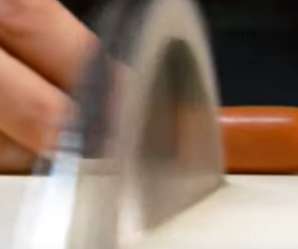
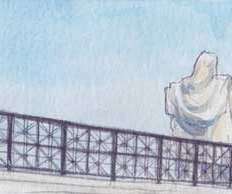
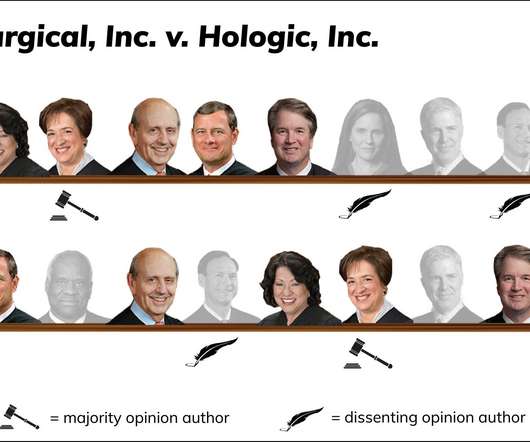
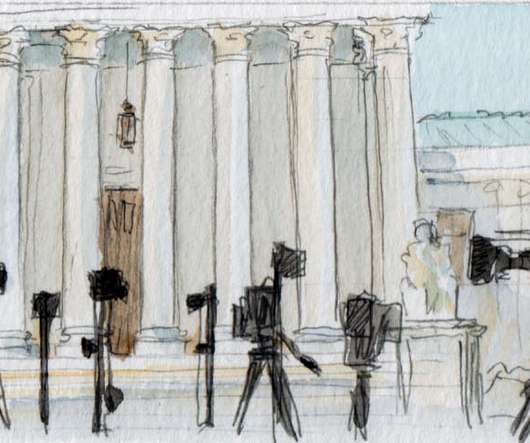
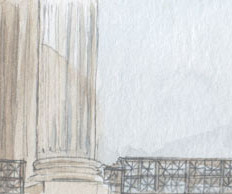








Let's personalize your content